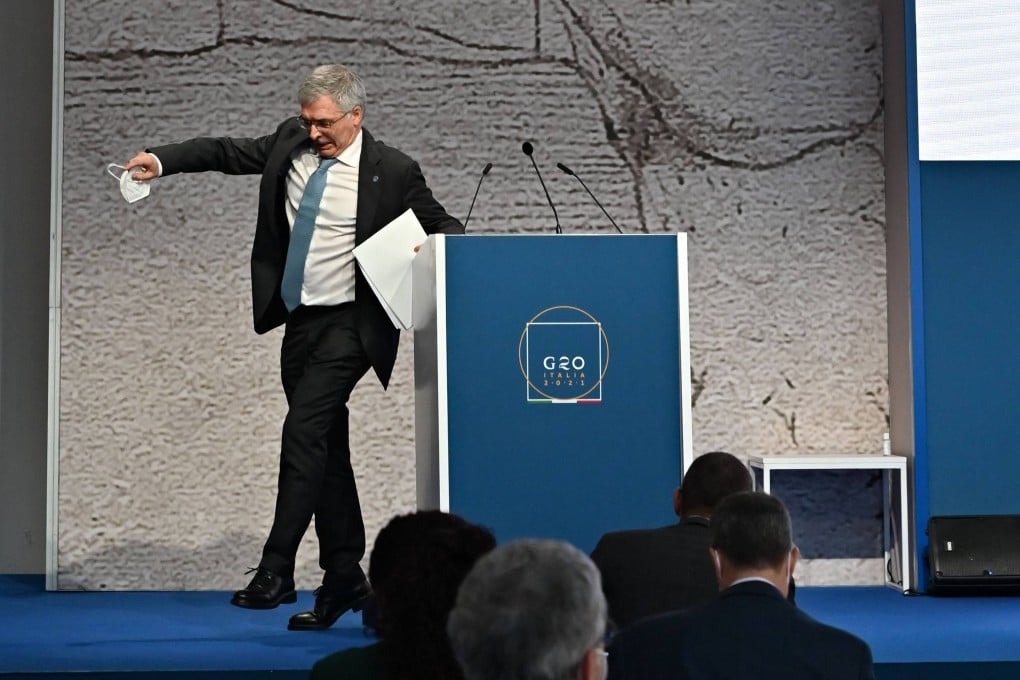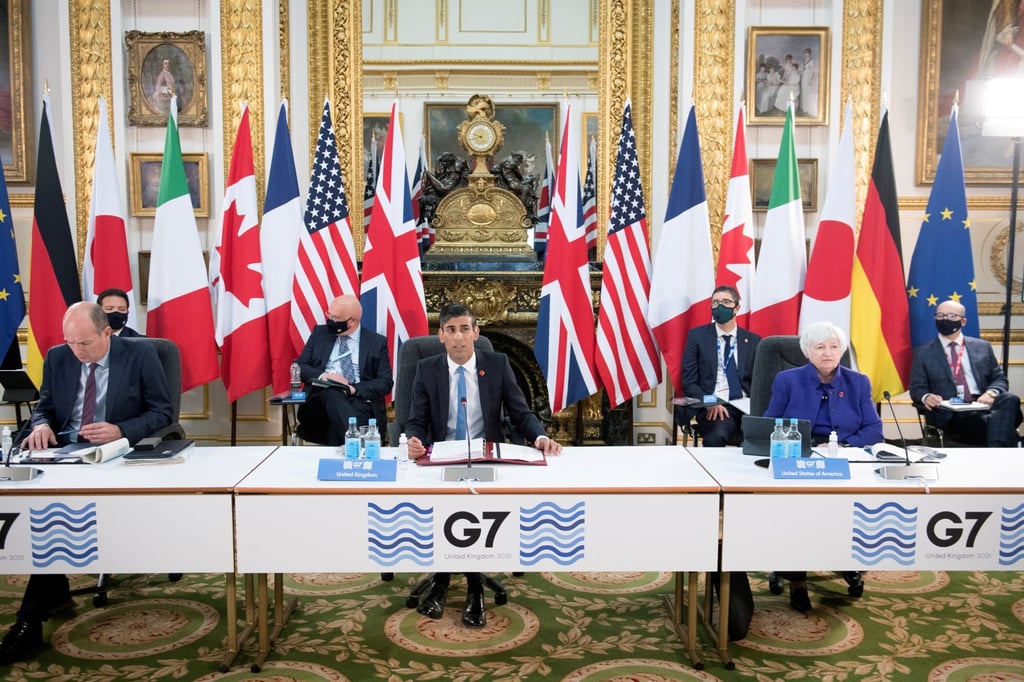Inside Out | Why the new global corporate tax regime is unlikely to be clear, simple or good
- Meant to extract more tax from the world’s richest multinationals, the proposed rules are already being strangled by talk of caveats and carve-outs
- The new rules will probably have little impact either on the taxes that companies pay or the revenues that cash-strapped governments hope to pick up

The headline writers make it all sound so clear, simple and good: “World’s leading economies agree on global minimum corporate tax rate” said the Financial Times.
In truth, the tax plan is more likely to be messy, strangled by caveats and carve-outs, and a veritable feast for tax avoidance experts. At worst, it will crash and burn. At best, it seems likely to have little impact either on the taxes that companies pay or the revenues that cash-strapped governments hope to pick up.
However, the newspaper’s European economics commentator Martin Sandbu argued that the outcome “is mixed at best” and that “governments have missed an opportunity to simplify the rules, leaving fertile ground for new and clever techniques to circumvent their intention”.
The same newspaper’s economic team was even more underwhelmed: “If some of the most powerful multinationals have had a bomb put under them, you wouldn’t know it from their reactions – or those of investors.”

Their report said “the plan could upend some of the corporate world’s most widely-used avoidance strategies, while also throwing up a complex new set of rules for tax planners to get their teeth into”.
